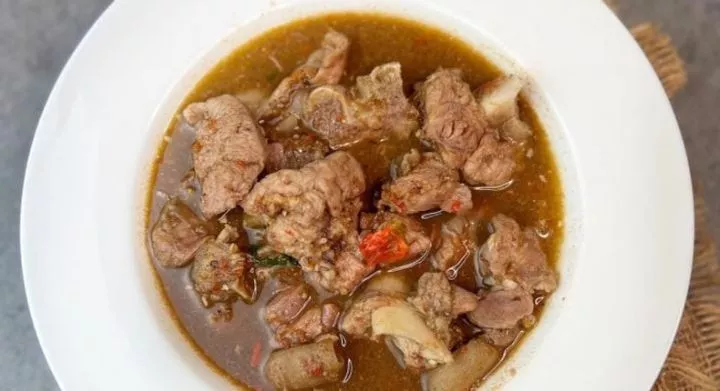
Recognising the symptoms and knowing how to treat food poisoning is crucial for a prompt and effective response to this common health issue.
Food poisoning is a prevalent health concern that can affect anyone, regardless of age or lifestyle.
In Nigeria, where a rich tapestry of culinary delights is part of the cultural heritage, cases of food poisoning can occur due to various factors, such as contaminated food, improper food handling, or unhygienic cooking conditions. Recognising the symptoms and knowing how to treat food poisoning is crucial for a prompt and effective response to this common health issue.
Food poisoning manifests with a range of symptoms, including nausea, vomiting, diarrhoea, abdominal cramps, and fever. These symptoms may appear shortly after consuming contaminated food and can vary in severity. It is essential to identify these signs promptly to initiate appropriate treatment.
See below the immediate steps to take:
Hydration is key
The loss of fluids through vomiting and diarrhea can lead to dehydration, which can exacerbate the effects of food poisoning. Rehydrate by drinking clear fluids, such as water, electrolyte solutions, or oral rehydration solutions, to replenish lost fluids and electrolytes.
Avoid solid foods
Give your digestive system a break by avoiding solid foods for a few hours. Once symptoms subside, gradually reintroduce bland, easily digestible foods like crackers, rice, and bananas.
Rest
Allow your body to recover by getting plenty of rest. Fatigue often accompanies food poisoning, and adequate rest aids the healing process.
Over-the-counter medications
Antidiarrheal medications, like loperamide, may help alleviate symptoms. However, it is crucial to consult with a healthcare professional before using any over-the-counter medications, as they may not be suitable for everyone.
Seeking medical attention
While mild cases of food poisoning can often be managed at home, severe symptoms or those persisting for more than a couple of days warrant medical attention. Signs of dehydration, high fever, bloody stools, or persistent vomiting may indicate a more serious condition that requires prompt medical intervention.
Regardless, prevention is always better than cure. To minimise the risk of food poisoning, adhere to the following guidelines:
Practice good hygiene
Wash hands thoroughly before handling food, and ensure that cooking utensils and surfaces are clean.
Cook food thoroughly
Properly cook meat, poultry, and seafood to eliminate harmful bacteria. Use a food thermometer to ensure that internal temperatures are reached.
Store food safely
Refrigerate perishable foods promptly, and avoid consuming food that has been left at room temperature for extended periods.
Be mindful of expiry dates
Check expiration dates on packaged foods and perishables. Avoid consuming anything past its expiration date.

















Comments